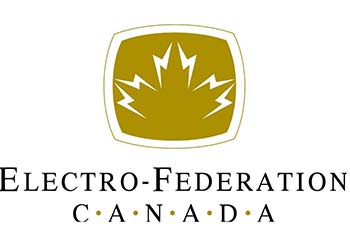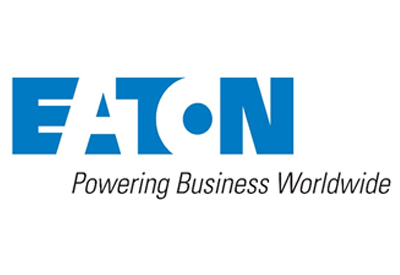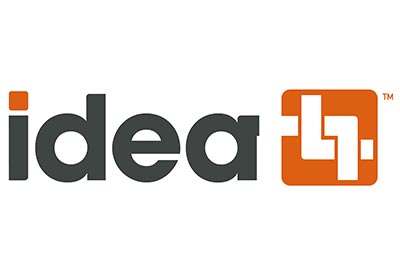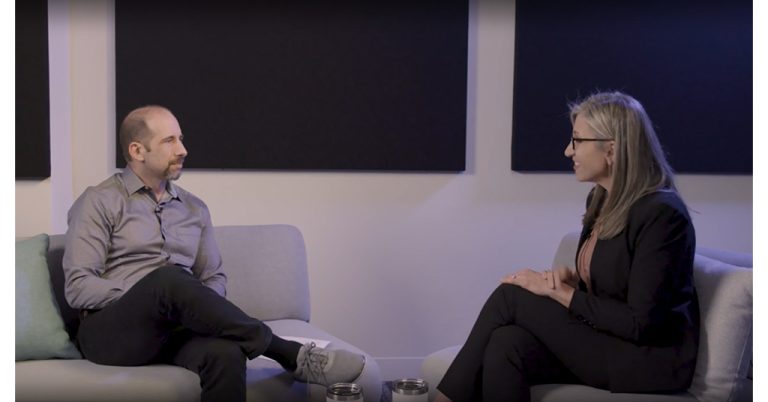Electro-Federation Canada’s Position on NAFTA

After consultation with NEMA, CME and a group of EFC Canadian-owned manufacturers, a position paper has been created reflecting EFC’s position on NAFTA. The following are NAFTA principles that EFC members should consider:
- Remove barriers and enable greater cooperation to support current and future trade in North America EFC members
- NAFTA should support the investments made in North America of facilities and workers as part of EFC members’ global supply chains, these investments must not be penalized in the future agreement.
- NAFTA should be updated to support collaboration on technical standards to reduce trade frictions while upholding safety, security and environmental issues.
- Define harmonized requirements which manufacturers can certify once and achieve access to North America and beyond
- Changes in standards must give manufacturers sufficient time to respond, 3 years from date of publication is recommended for compliance.
- Sufficient numbers of accredited laboratories must be available for at least 2 years before requirements become effective.
- Removal of the testing laboratory marking as a requirement, keeping the certification mark as the only requirement as sometimes manufacturers have more than 1 testing laboratory for their products which results in operational difficulties for manufacturers.
- Audits of manufacturing facilities not to exceed an annual requirement in terms of cadence.
- Customs and trade
- Harmonize ‘duty drawback’ (1) provisions with global best practices
- ‘Lesser of the two’ (2) rule for refunds to be dropped
- Additional documentation for Canada and Mexico to be removed
- Qualifications for duty drawback can be done once for all three countries
- Canada/Mexico/US should harmonize classification of products Harmonized system codes
- More efficient border crossings and more digital integration among custom authorities for 3 countries to speed up clearance process
- EFC opposes changes to the current NAFTA rules of origin that would make it more difficult for EFC members to maintain their current supply chains that take advantage of the agreement’s benefits. EFC would like to see the simplification or the ‘NAFTA rules of origin’ (3)
- Level the playing field for testing/conformity assessment and inspection services
- Remove barriers to digital trade for the free movement of data
- Prevention of trade in electrical products that are counterfeit or infringe on intellectual property rights
- Completely eliminate all of the national and sub-national government procurement restrictions across the region for NAFTA parties to allow for the free flow of goods, services and technologies.
Notes:
- Duty drawback allows companies to claim refunds of duties paid on imported merchandise that is later exported in the same condition or assembled into a finished article that is exported
- ‘Lesser of two’ rules apply to the ‘duty drawback rate’. An exporter must calculate 2 duties for their exported product: a) the duty they paid for the imported product b) The amount of duties paid to the other NAFTA country. The ‘Lesser of Two’ penalizes the manufacturing location which resides in a higher duty country. Removal of ‘lesser of two’ allows manufacturers to have a ‘net zero’ affect from the duty drawback.
- NAFTA rules of origin applies to the duties calculated on imported products. Those products imported from NAFTA countries will have lesser duties than those from outside the NAFTA region. A certain percent of a product’s components must come from the NAFTA region to qualify, the required percentage varies by product type.
http://www.electrofed.com/blog/2017/07/11/nafta-principles-for-electro-federation-canada-members/











